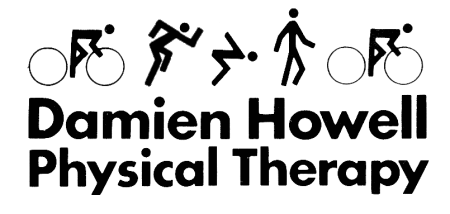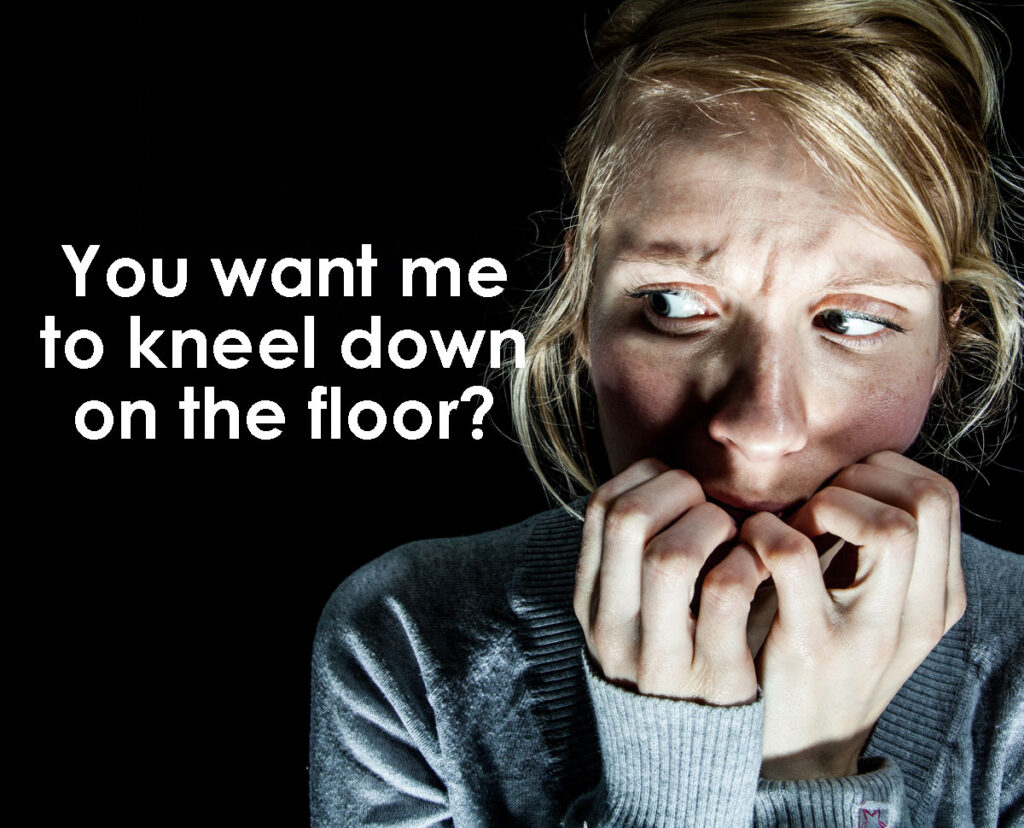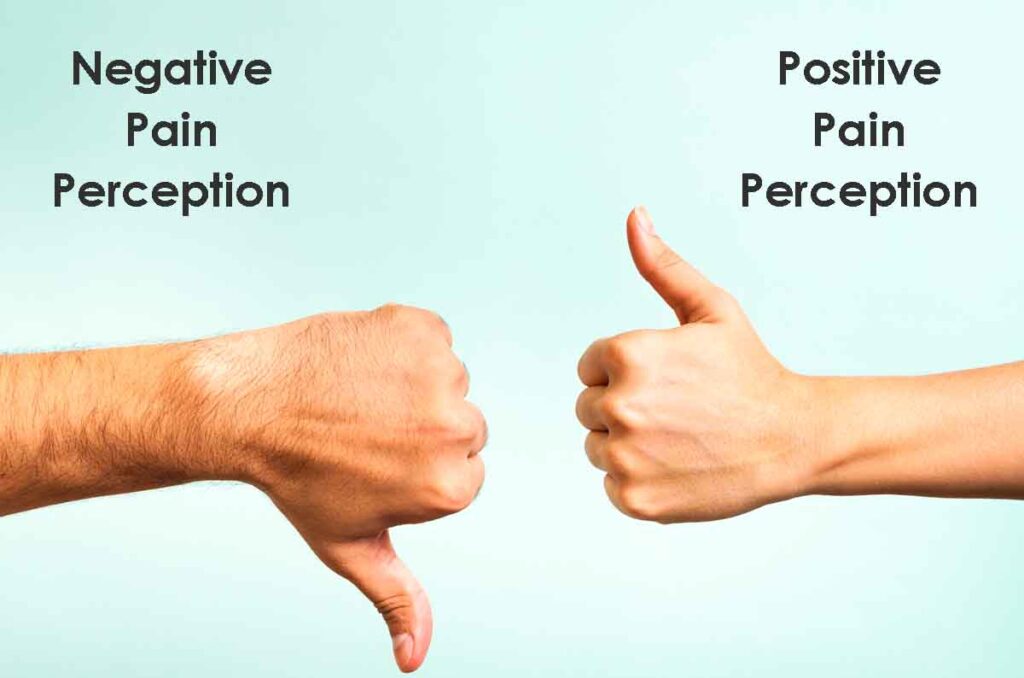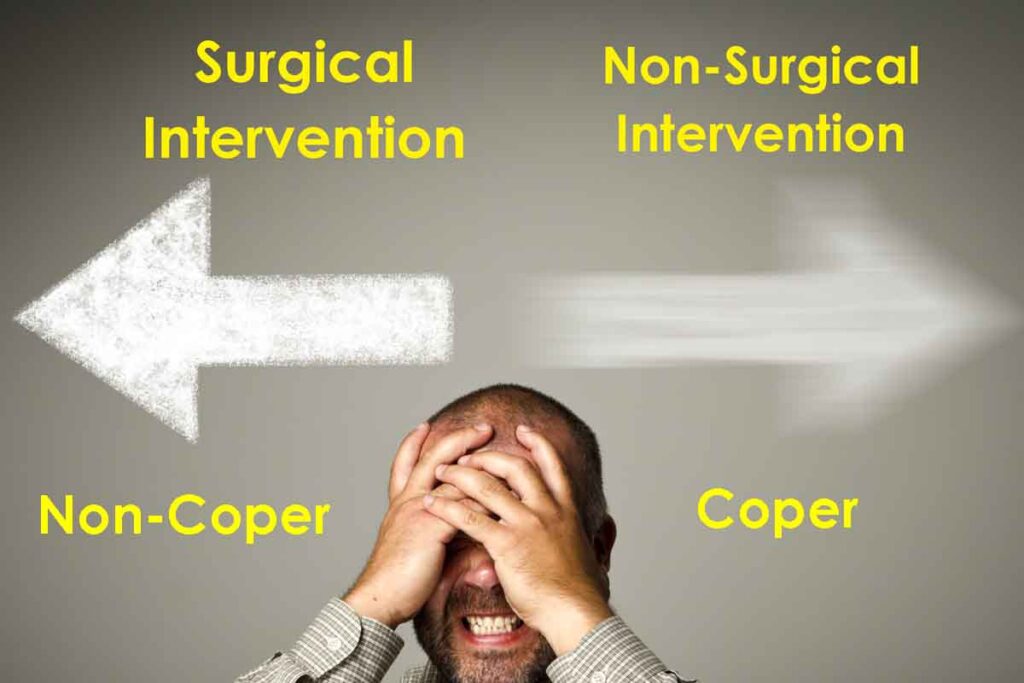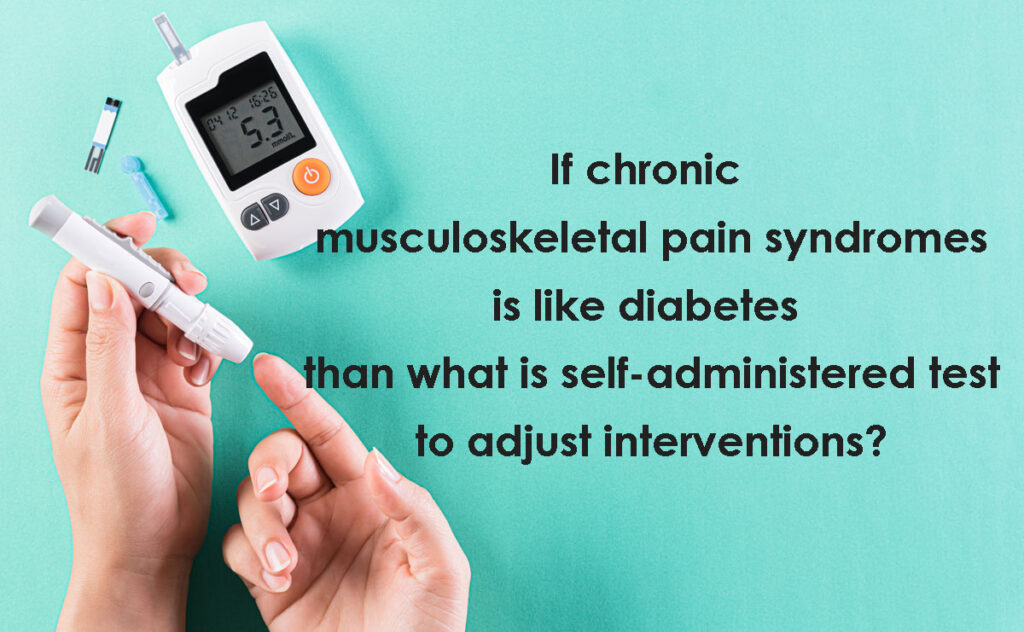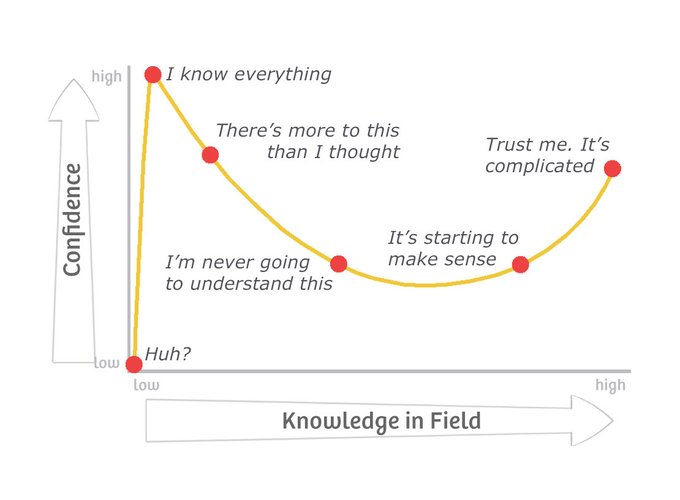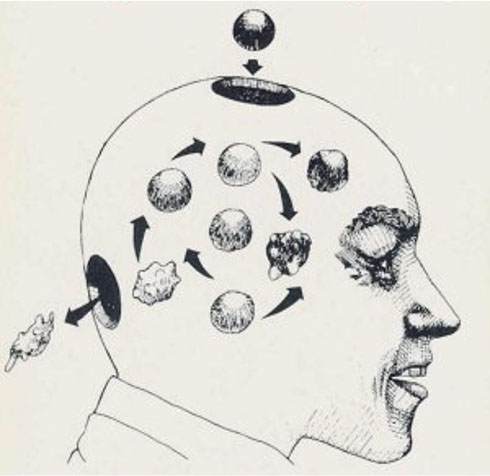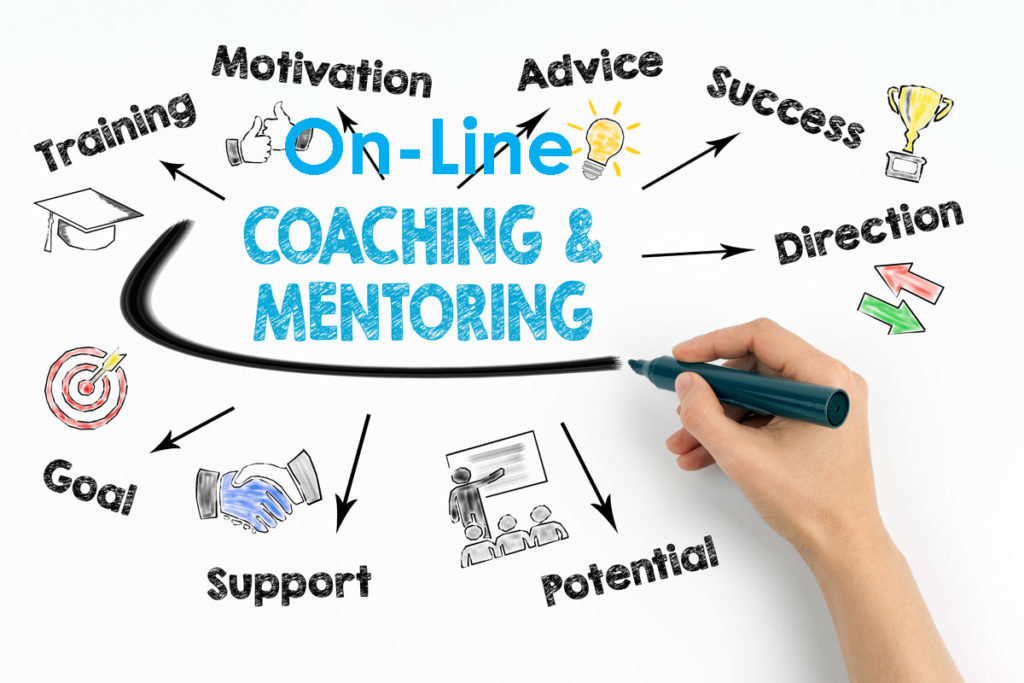Misc
Physical Therapy telehealth lessons learned mistakes made
My perception of my abilities in providing telehealth video conferencing Physical Therapy or Physical Therapy service online follows the Dunning-Kruger effect. The Dunning-Krueger effect is a process of overestimating and underestimating our abilities and competence. When I began offering telehealth Physical Therapy in 2017, I initially overestimated my abilities. Over the past seven years, I…
Read MoreWhat is the alternative to I have fallen, & I can’t get up? – improve strengthen flexibility “just do it”
A patient with Parkinson’s syndrome, living alone expressed to me his frustration. He had fallen and was unable to get back up. He pissed on himself. He used his fall alert system via the internet to notify the rescue squad. In addition to the embarrassment, he felt about not being able to get back up…
Read MorePain – What does it feel like? How this information can guide intervention
When describing your pain details can include location, type, severity/intensity, frequency, duration, triggers, and impact on life. When describing the location of the pain it may not be accurate. Pain can be perceived in an area that is distant from the tissue source of the pain. This is described as referred pain, when the pain…
Read MoreOrthopedic surgery is not always necessary – coper vs non-coper
A diagnostic image such as an MRI can show significant structural damage such as a complete tear of the anterior cruciate ligament (ACL), a complete tear of the rotator cuff of the shoulder, a herniated spinal disc, or other musculoskeletal tissue damage. In 1983 Frank Noyes and colleagues in a seminal study of patients without…
Read MoreMovement-evoked pain measurement for adjustment of interventions for chronic musculoskeletal pain syndromes
If chronic musculoskeletal pain syndrome is like diabetes, then what is a self-administered test to adjust interventions? A thought-provoking article by Jermey Lewis and Peter O’Sullivan suggests “Is it time to reframe how we care for people with non-traumatic musculoskeletal pain” they suggest we have a lot to learn from how other chronic medical and…
Read MoreHormone replacement therapy tendon repair post-menopause
The Dunning-Kruger effect is a cognitive bias in which individuals with limited competence in a particular domain overestimate their abilities. It is when we lack competence that we are most likely to be brimming with overconfidence. The following is a description of how it applies to me. I know everything Early in my career as…
Read MoreMom’s words of wisdom make sense
Mother’s Day is a fun time to review some old wives’ tales that abound in the health and wellness arena. My mom used to say, “the difference between a man and a boy is that a man walks around a puddle and a boy plods right through them.” At the beginning of a walk or…
Read MoreWhat is harder than learning? Unlearning
This image from Roger von Oech’s “A whack on the side of the head” 1983 has intrigued me for years. The idea that we get rid of ideas or concepts is thought-provoking. How do we know when to reject ideas? What is the thought process we use to unlearn something? My understanding of learning new…
Read MoreHow to better engage with healthcare provider using telehealth care
Telemedicine electronic medical record patient portals and email provide opportunities for improved communication between patients and healthcare professionals. As a patient: As a patient with a chronic condition rheumatoid arthritis, I have found using an email patient portal to communicate with my healthcare providers is highly effective and efficient. Prior to my scheduled appointment, I…
Read MoreOn-line mentoring reflective learning
John Dewy wrote, “the experience alone does not necessarily lead to learning; it is the reflection that makes sense of the experience to us and hence makes the experience meaningful for us”. Experience does not equal learning. We do not learn from experience we learn from reflection on experience. Experience does not equal knowledge. Reflection…
Read More